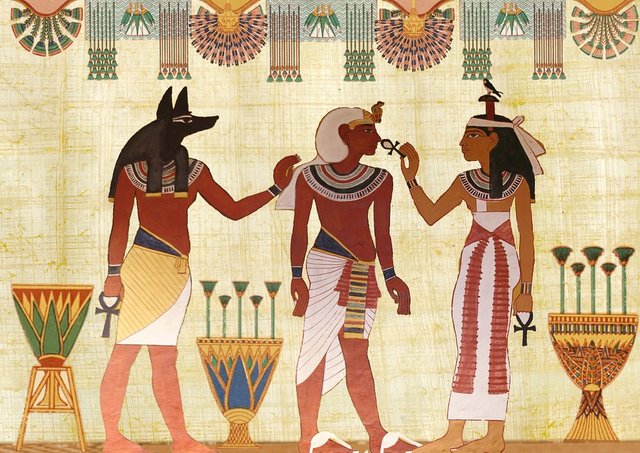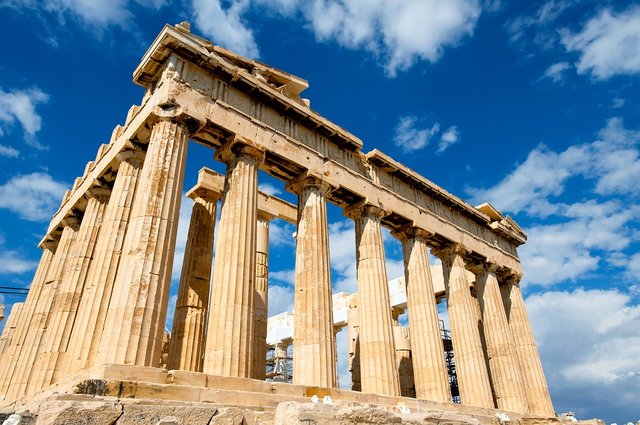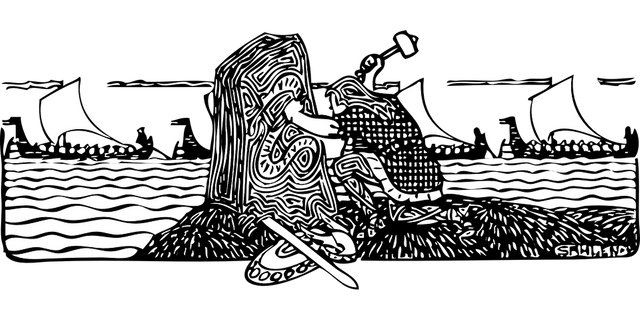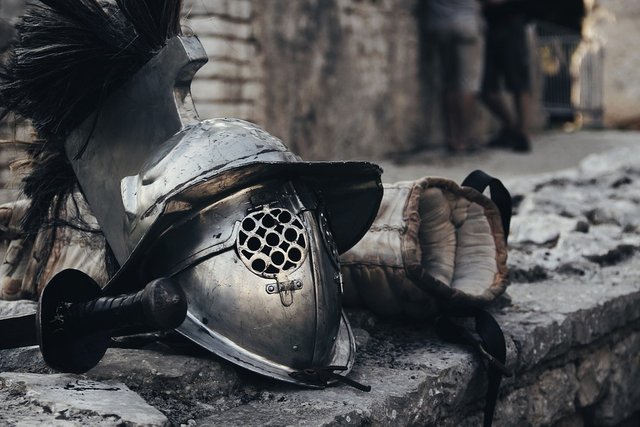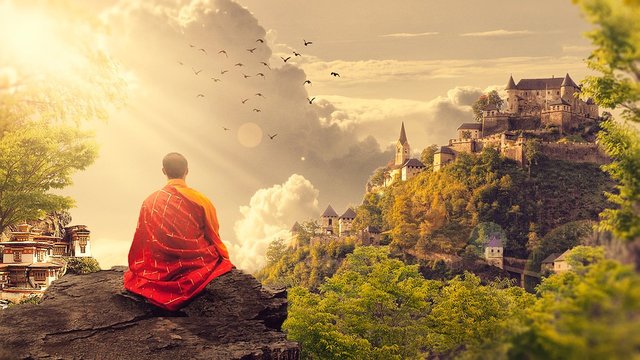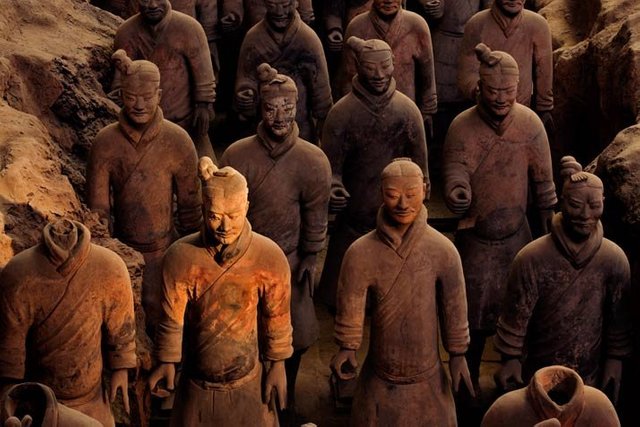The philosophy of the Death // Analysis.
What is the Death?
He knows each other to the death, as: Sensation of the life. The death originates; as consequence, of the organic inability to support the process homeostático.
The death, it distresses us and produces to us all kinds of rejections, and of concealing flights; so, practically nobody wants to leave of this world; especially, if he still enjoys his full faculties; or, he still has not felt this bite of pain; that makes cry out even for the death, not to suffer it any more. Gloria M. Comesaña Santalices (2004).
Problems.
He has considered, that appears for ages; the fact of the death, like a problem reflected on the reality, the complexity of the context; it defines it, every culture in the form as it tackles it and shows it. However much we try to imagine, it stays to our interpretation and compression of each of us.
On the other hand, all scientific knowledge, it has beginning and criteria; but since it is evaluated, the death; since, all the alive beings, it shows everything what experiments on life; there is no response then that are dead; staying in another plane after the death. Since the death, it is non transferable, as the life, the polemic always appears, how we will die and when it will be there are questions easy to do but impossible to answer.
The German philosopher Martin Heidegger; it defined, in Being and time the death, as: A little that appears in now of the life of the man.
Now, I want that I accompany myself for different cultures, as them they see the death:
The Egyptian culture.
That after the life, would bring in the kingdom of Osiris, and that had a physical body, and an immaterial force, which was calling her "ka", together with his personality, would live forever; that's why, they emphasized, in his mortuary ceremony, with the mummification, the interesting thing, not everything, it had the economic privilegió, to be buried worthily; that's why, the majority of Pharaohs, was placing his wealths in his grave, so that it was better received after the death.
The Greek culture.
In this culture, it tackles it in a psychological way, has a detailed, and described perception of the inframundo controlled by Hades; this world, that exist after the death, which there is a series of steps to come to her; from what, it brings in the philosophical debate and one of them was platón, where he was saying that: The body was the jail of the soul, they would spend the eternity, according to his character in life.
Big part of his perception, it comes from his gods, that it is represented by human form, which They Were living in the Olympus. For them, the life and the death were narrowly close, that only the death was a change; where, the body was lodging the knowledge and his conscience.
Culture vikinga.
It was a civilization, which turned into legend for his passages into the seas and his conquests, they were possessing structured society and a religion based on the northerly mythology. Where Odín, was his omnipotent god, they were considering in a life after the death.
For it, a fantastic place existed after the death; who, they were calling the Valhalla, that's why, him was not afraid of the death; he was waiting for a heroic welcome for his gods. Protected, for the famous valquirias, like part of the northerly folklor.
If they believed, that the man had soul, that were strolling around after the death. Also it is known that they realized cremations to the corpses and also, they were depositing them in a ship (drakkar), along with his most valued belongings.
The Roman culture.
In this culture, several controversies appeared, in his society; owed that, they adopted several cultures, as the Greek, Egyptian, up to coming to the Christianity; where, the death for them, it was a change of state of the individual, which was going on from the reality of the individual to another stranger, and which the world of the dead persons existed.
In this society, it mentions the "manes"", the spirits of the deceased. Where, each of them, it must be purified with rituals.
The Aztec culture.
In his society, they were thinking that the death was only the extension of the life, since his souls, they were going to stop to a new world, which they were entering according to how they had behaved in his previous life.
Place to which they could go to stopping the souls of the deceased, was to the Tláloc; also it existed, the Mictlan, it was the underground and dark place to which there were descending all the Aztecs, who had not been chosen, not for Tiáloc. Where his deceased, before of being burned, he was placing himself in the mouth of the deceased, a small stone as symbol of the heart.
The culture Buddhist.
Transiency of all the phenomena ' (shogyo mujo, in Japanese); it describes, since the life is in incessant cycle of formation, continuity, declination and breakup, with intrinsic nature, ' nature of the dharma '. Everything turns in his environment; since, he considers the death, since they can be seen, in cyclical phases of appearance and of crease; since, everything centres on a natural balance, it is considered to be the death, up to the point than as a phase of rest and recovery, before a new life.
The culture China.
In the ancient small stone, he believed muncho in the immortality, a thinker of this philosophy, it was Qin Shi Huangdi; the first emperor of China, was interested in very much, that would happen after the death, with the construction of his own and vast funeral monument; since, it was supporting the philosophy of the immortality, very similar to the Egyptian culture, they believed that there was a life after the death, and that this one had a cost; that's why they buried this emperor, with his concubines, horses, wagons, treasures; which, he would enjoy it after the death; which control to sculpt an army, so that this one was to his disposition, the Warriors and Horses of Terracotta.
They watch the death, beyond the elements of the nature, and a very common tradition in small stone, is to burn dolls of role, to make sure that the relations should last after the death.
Reflection.
At present, it is looked in a scientific and modern way of suppressing the death, making possible, of breaking all those paradigms of the thought; of such a way, that the experience towards the death, of being accepted in the society, as an act and part of the life, inspired by every culture, proper of every region.
Source for this post:
Death and mortality in the contemporary philosophy for Bernard N. Schumacher
Philosophy of the death: study done on manuscripts by Julián Sanz of the River
Philosophy of the life and the death

